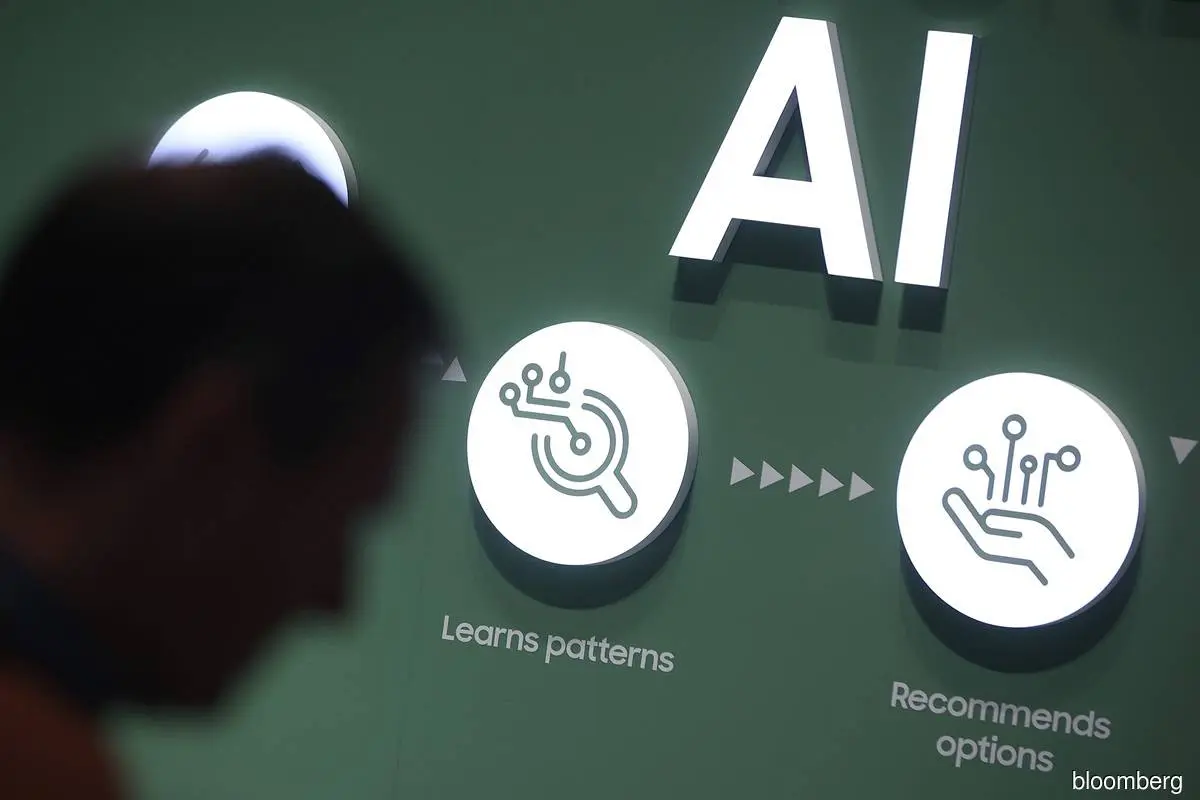As the European Union (EU) prepares to implement its groundbreaking Artificial Intelligence Act (AI Act), a recent EU “AI Act checker” reveals compliance issues among major tech companies. This act, the first of its kind globally, aims to standardize AI regulations, address ethical concerns, and ensure transparency, safety, and fairness in AI deployment. However, findings from the new compliance checker have highlighted significant shortcomings within Big Tech’s AI frameworks, particularly in terms of transparency, data handling, and alignment with ethical guidelines. The results raise questions about how prepared tech giants are for these stringent requirements and what these compliance gaps mean for the future of AI regulation.
The Purpose and Scope of the EU AI Act
The EU AI Act, set to be finalized by the end of 2024, introduces a risk-based regulatory framework for AI systems. It categorizes AI applications into four levels of risk: unacceptable, high, limited, and minimal based on the potential harm they could cause to individuals and society. AI systems deemed to carry “unacceptable risk” are banned outright, including those that enable social scoring by governments or exploit vulnerable populations. High-risk systems, such as those used in recruitment, law enforcement, and healthcare, face rigorous oversight and must adhere to stringent guidelines around transparency, accountability, and data privacy.
The legislation emphasizes:
- Transparency: Ensuring users know when they’re interacting with AI.
- Data Governance: Mandating robust data management practices and preventing bias in data training models.
- Risk Assessment: Evaluating potential harm to users and implementing mitigative steps.
The EU AI Act Checker: A Tool for Transparency and Accountability
The EU AI Act checker, developed by the European Commission’s AI regulation task force, was launched to help companies and stakeholders evaluate their AI systems’ compliance with the forthcoming legislation. This self-assessment tool reviews key areas, including data usage, algorithm transparency, human oversight, and ethical risk assessments. With this, the checker assesses potential compliance issues, guiding companies in adjusting their processes to meet the act’s requirements.
Big Tech’s Compliance Shortfalls: Key Findings
The EU AI Act checker has revealed compliance gaps across several tech giants, which are heavily invested in AI technologies for purposes ranging from recommendation algorithms to autonomous systems. Here are some of the primary areas of concern:
1. Lack of Transparency in AI Operations
One of the biggest challenges facing Big Tech is achieving the level of transparency required under the AI Act. Companies must ensure users are explicitly informed when they’re engaging with an AI system, and the system’s decision-making process should be explainable. However, many tech companies rely on opaque algorithms, particularly within social media and content recommendation engines, where users often interact with AI unknowingly.
The checker results showed that a significant number of these companies have not yet adopted mechanisms to disclose the use of AI transparently. Systems that generate personalized content or recommendations often lack a clear explanation of how they function, potentially leading to user manipulation and misinformation. Companies now face the task of building transparency into their user interfaces, enabling individuals to understand when and how AI influences their interactions.
2. Inadequate Data Governance and Privacy Protocols
Data privacy remains a cornerstone of the EU’s regulatory approach, especially following the General Data Protection Regulation (GDPR). The AI Act expands on GDPR principles by setting strict data governance standards for AI systems, emphasizing the importance of unbiased and protected data. However, the checker found that many Big Tech companies struggle with managing vast amounts of user data ethically and in compliance with privacy regulations.
The assessment revealed issues in data management practices, with several companies unable to demonstrate that their data sources are free from bias or comply with European data privacy standards. In high-risk applications, such as AI-driven recruitment or predictive policing, the need for unbiased and securely handled data is critical. The lack of compliance could result in significant operational overhauls for Big Tech, which may need to reevaluate data collection, processing, and storage methods to meet EU standards.
3. Insufficient Human Oversight Mechanisms
Human oversight in AI operations is another critical component of the AI Act, particularly for high-risk systems where AI impacts essential services or individual rights. The act mandates that humans retain the final decision-making power in these areas, ensuring accountability and reducing risks associated with autonomous AI.
The compliance checker revealed that several major companies currently lack the infrastructure to maintain human oversight effectively. In sectors such as automated hiring, content moderation, and autonomous driving, tech giants rely heavily on AI with minimal human intervention, posing potential risks if the technology fails or behaves unpredictably. The act requires a shift from automation to human-monitored processes in these critical applications, a transformation that could be costly and logistically challenging for Big Tech companies.
4. Bias in AI Algorithms
One of the most pressing issues identified in the compliance checker is algorithmic bias, which disproportionately impacts marginalized communities. For example, studies have shown that facial recognition technology is more likely to misidentify individuals with darker skin tones, and predictive policing algorithms can reinforce systemic biases.
The EU AI Act imposes stringent requirements on eliminating bias within AI systems, particularly in high-risk applications like law enforcement and hiring. Despite this, the compliance checker found significant evidence of bias in several algorithms currently used by major tech companies. Addressing these biases will require Big Tech to implement diverse and representative datasets for training AI, potentially slowing down algorithm development and increasing costs.
5. High-Risk Application Lapses
The EU AI Act requires tech companies to closely monitor high-risk AI applications and ensure they follow strict safety and ethical guidelines. Many of these applications, such as AI in healthcare diagnostics or autonomous vehicle navigation, must undergo rigorous testing and validation before deployment.
However, the compliance checker revealed gaps in safety protocols for some of these high-risk applications. The assessment noted that some tech companies lack standardized protocols for testing and monitoring AI’s performance in real-world scenarios, which increases the risk of harm. These lapses suggest that additional regulatory oversight and transparency will be necessary to ensure compliance.
Big Tech’s Response to Compliance Challenges
In response to the EU AI Act checker’s findings, several tech companies have publicly committed to reviewing their AI systems and investing in compliance measures. Initiatives include developing explainable AI systems, increasing transparency around data handling practices, and embedding human oversight in critical applications. However, while these companies express willingness to comply, the necessary adjustments pose technical and financial challenges, and full compliance is likely to be a gradual process.
Tech giants have also called for clearer guidance and more resources from EU regulators to navigate compliance requirements effectively. Industry experts are pushing for more practical frameworks that allow for flexible yet responsible AI deployment without compromising innovation.
Implications for the Future of AI Regulation
The EU AI Act checker’s results highlight the challenges inherent in regulating advanced technologies within a dynamic and competitive industry. As Big Tech grapples with these compliance issues, the AI Act is likely to serve as a model for other countries seeking to implement AI regulations. This pioneering regulation emphasizes the importance of aligning technology with ethical and societal values, setting a precedent for responsible AI usage on a global scale.
The EU’s proactive approach demonstrates a commitment to safeguarding individual rights and fostering innovation in a controlled manner. Still, the challenges faced by tech giants underscore the complexity of regulating rapidly evolving technologies. Balancing ethical considerations with innovation will be crucial as governments worldwide consider adopting similar regulatory frameworks for AI.
The Road Ahead for Big Tech and AI Compliance
The EU AI Act checker has exposed critical gaps in Big Tech’s readiness for impending regulations, marking an important milestone in the global AI landscape. For tech companies, the journey to full compliance will require significant operational changes, from enhanced transparency to restructured oversight mechanisms. As compliance deadlines approach, Big Tech will need to act decisively, rethinking traditional business models to ensure AI systems align with ethical, transparent, and human-centered standards.
In a world where AI’s influence only continues to grow, the EU AI Act and its compliance checker represent essential tools for promoting accountability, fostering trust, and protecting users from the potential harms of unchecked artificial intelligence. By addressing these compliance pitfalls, Big Tech has the opportunity to lead by example, ensuring that AI’s transformative potential is harnessed for the benefit of society at large.





